Ways to Get Less Addicted to Social Media

Netflix binge-watching? Overnight Twitter scrolling? Spending countless hours on Tik Tok? In this age of technology and smart devices, losing minutes or even hours to the internet is not uncommon. Social media refers to the websites and apps that consume most of our time.
And when you receive notifications from social media platforms such as Facebook, Instagram, and Twitter, your brain produces a small quantity of dopamine. On a chemical level, this makes you feel happy. Your brain gets excited every time you read a notification.
Social Media Addiction
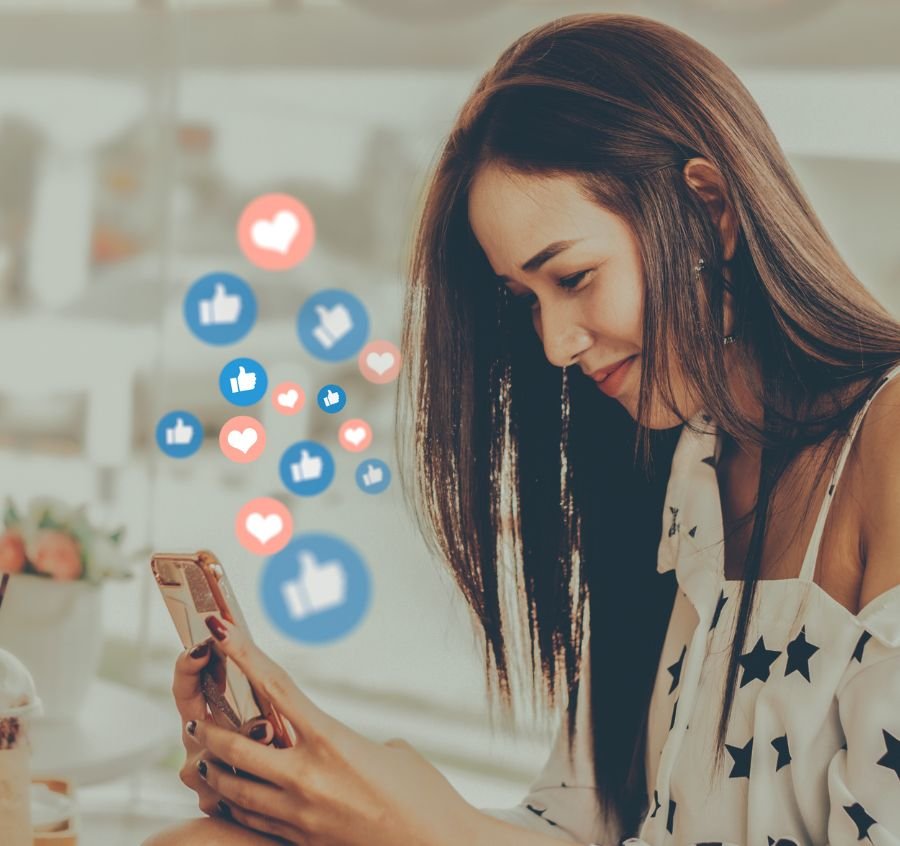
Social media has developed and is an essential component of our daily lives. People today cannot ignore its influence of it. Even big businesses are harnessing the power of social media to build a marketing channel to impact their target market. Most people underestimate the impact of social media on their lives until it is too late to recognize and change.
Whether you need a quick break or are looking for long-term solutions to your social media addiction, here are seven strategies to start disconnecting.
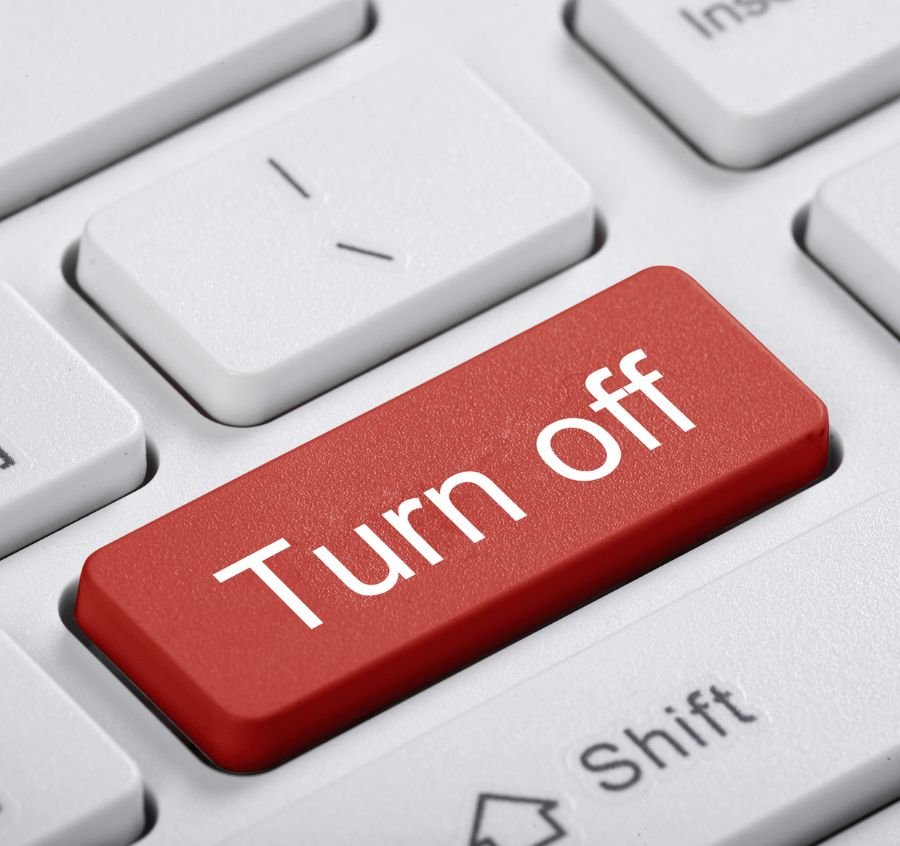
Turn off notifications and alerts
One of the main reasons people become addicted to social media is because they are frequently distracted by notifications. Notifications can serve as a reminder to people to check their phones or laptops. As a result, turning off alerts is the most effective solution. If social media accounts such as Facebook and Twitter cannot alert you of any updates, you are more likely to ignore them. It is an excellent first step toward overcoming addiction.
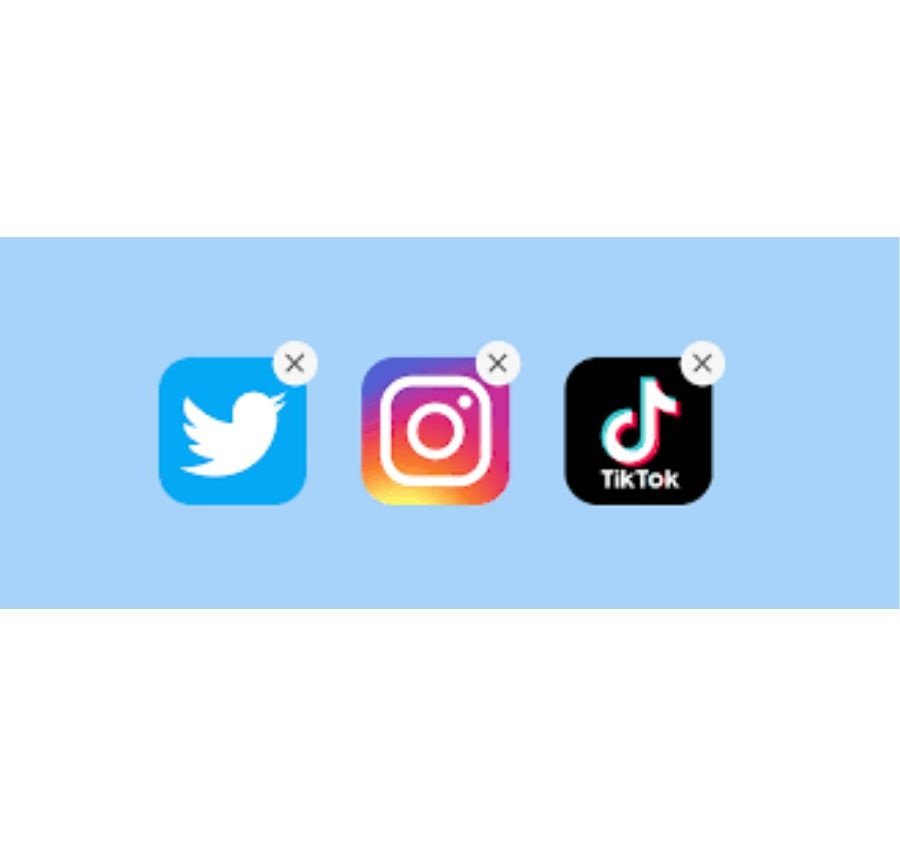
Uninstall Apps
Remove the apps if you find yourself utilizing apps on your phone to kill time, only to realize you’ve wasted an hour or more. Instead, use your computer or tablet to check in on social media with purpose.
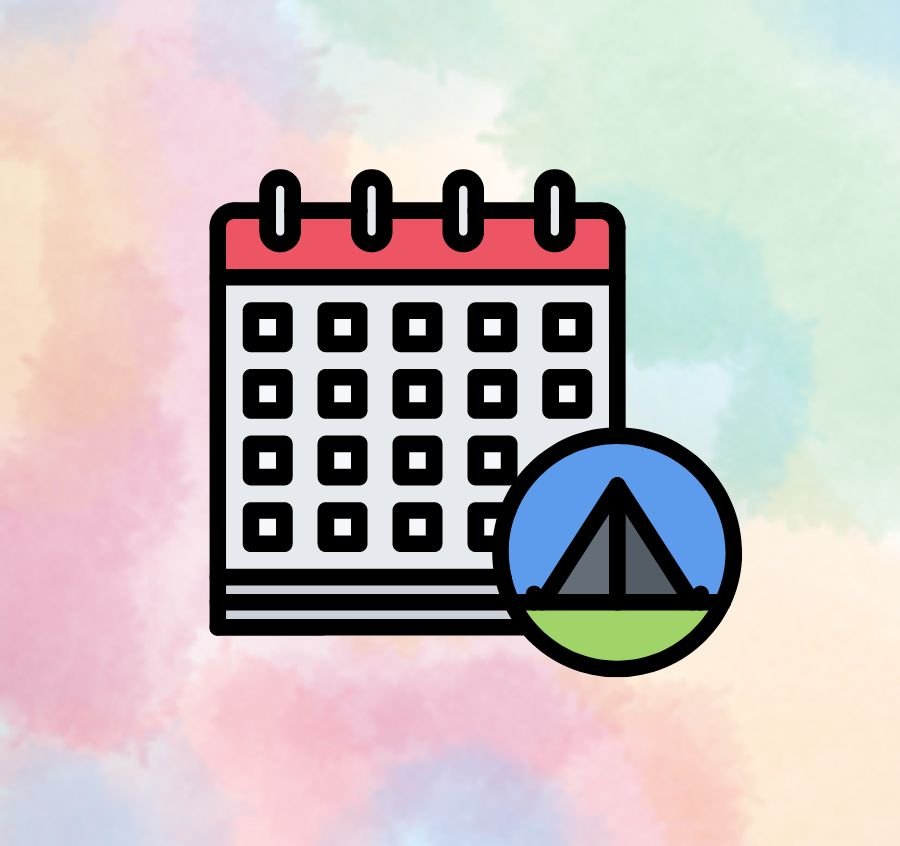
Signing off for the weekend
A break from the screen reminds you how rich and full life is without status updates or comparing your life to the picture-perfect versions of others. Taking a break also allows for increased creativity and productivity. Step outside. Be more active. Spend time with friends in person. Attempt a new hobby that you’ve been meaning to try but haven’t had the opportunity.
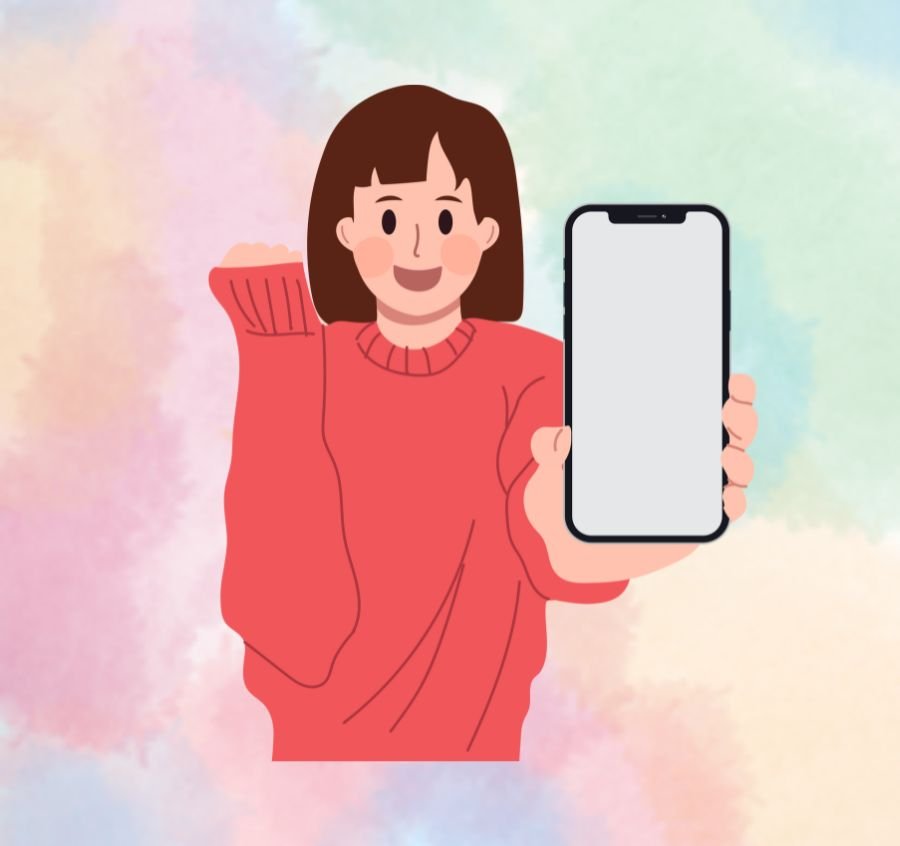
Use it as a reward
Make a plan only to use the internet/apps once you have completed a task. For example, you may only be able to access the internet/social media after completing one hour of schoolwork, finishing laundry, cleaning your room, and so on.
Limit your contacts and access
Reduce your number of friends/contacts on social networking sites, remove useless apps, and unsubscribe from sites that provide few benefits or send too many reminders to spend less time online. Delete time-consuming game apps as well.
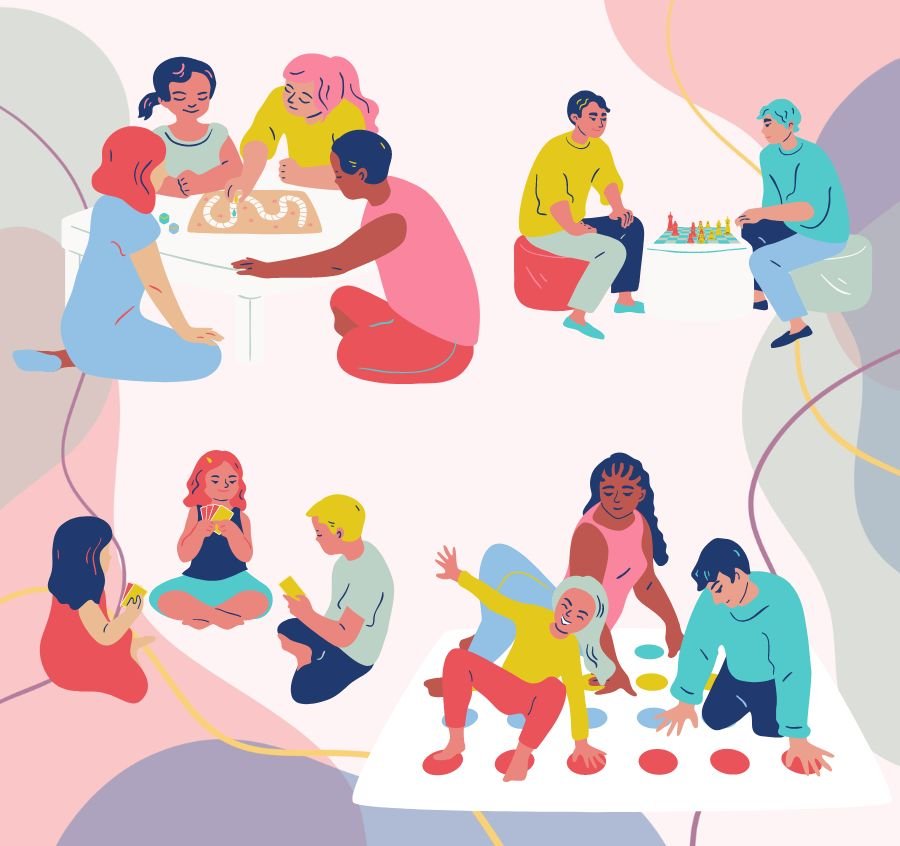
Social media can be a good way to interact with others, but don’t forget the importance of face-to-face interaction. Never allow these online social platforms to absorb your valuable time or rule your life; instead, you should be the one who controls them as a tool.






